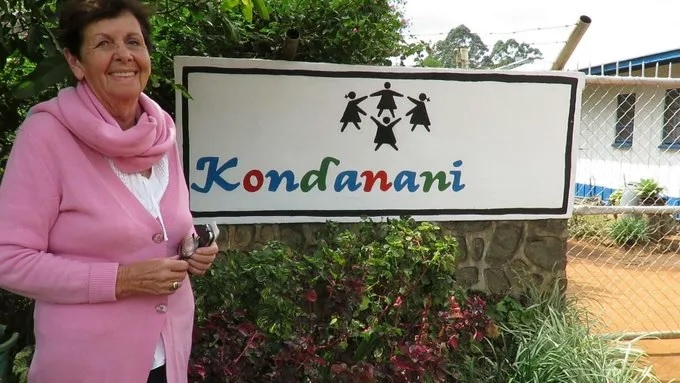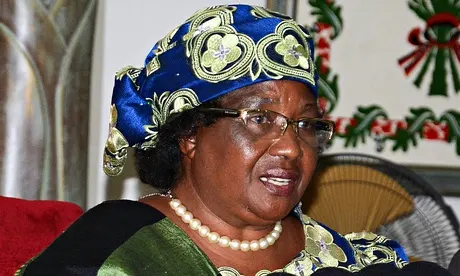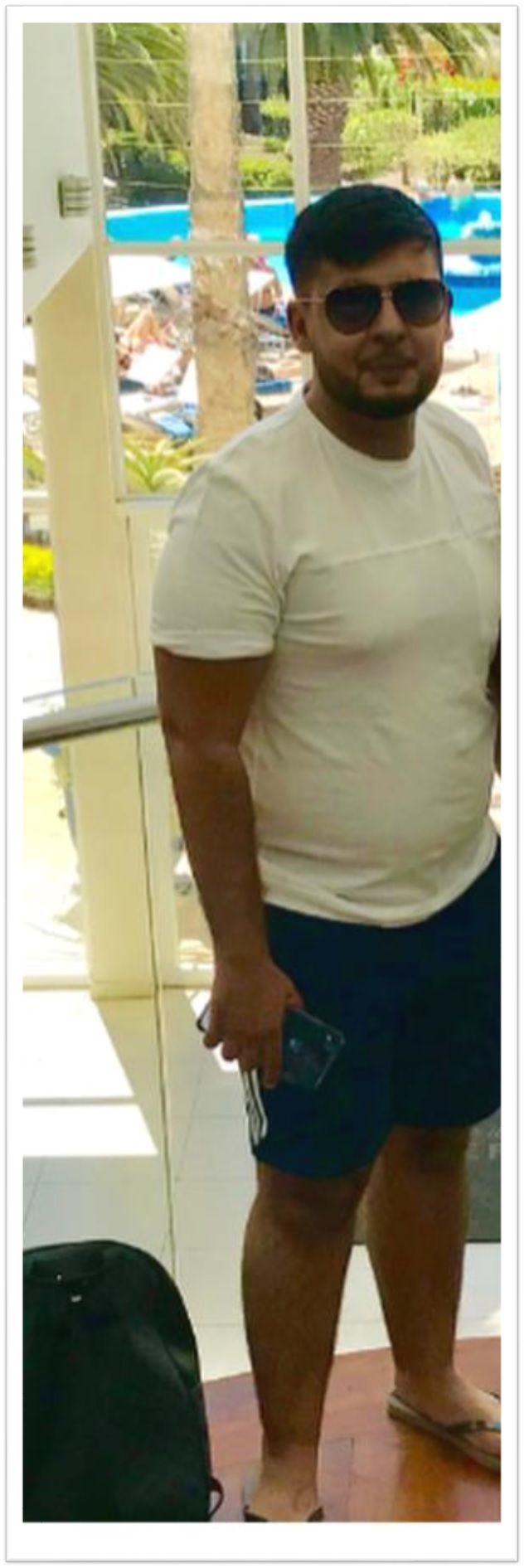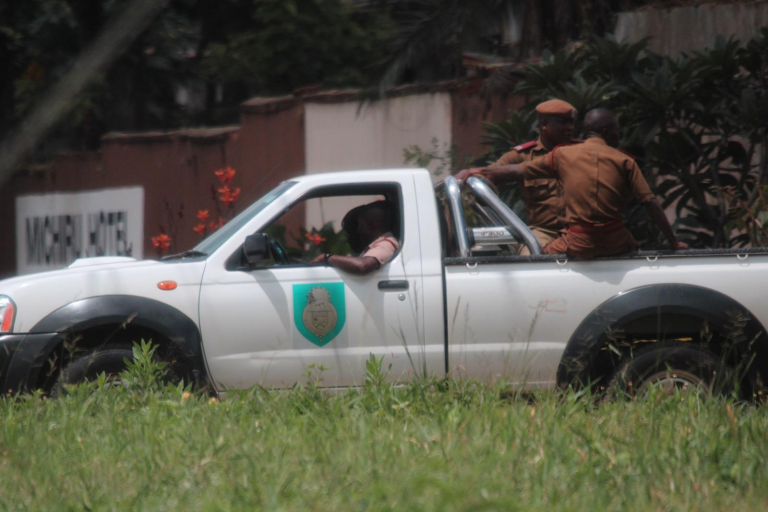Authority admits procurement above the single sourcing threshold, that government entities are allowed to procure without tender, and that contracting solely based on a supplier’s offer is not a lawful procedure. However, PPDA says the deal still meets the undisclosed requirements. Secretary to President and Cabinet (SPC) Collen Zamba is the Chairperson for NOCMA Board. Golden Matonga and Josephine Chinele The Public Procurement and Disposal Authority (PPDA) already approved a controversial fuel procurement deal that will see a Lilongwe-based forex bureau Digital Fx (Malawi) Limited pay 128 billion kwacha taxpayer money with half the amount paid upfront. A story we published on Wednesday this week, exposed several questionable aspects of the deal, among them, law-breaking with no tenders opened for procurement that is supposed to be done under international competitive procurement rules and irregularities such as the breathtaking speed in how the deal was crafted with National Oil Company of Malawi (NOCMA) requesting the Malawi Regulatory Authority (MERA) to approve the deal even before the alleged supplier submitted an expression of interest to participate in the fuel supply. Analysts also pointed to the fact that while the supplier is claimed to be a UAE company, the contract sum will be paid to a Lilongwe-based forex bureau Digital Fx (Malawi) Limited, as a sign of potential fraud related to payments to local officials. Sources close to the deal said the MERA board was arm-twisted from powerful quarters in government to approve the deal. The Board of NOCMA is headed by the Secretary to President and Cabinet (SPC) Colleen Zamba. And despite the glaring question marks over the deal, PPDA spokesperson Kate Kujaliwa confirmed to PIJ on Thursday morning that the request for no-objection–a technical term referring to final approval of all government contracts–has been granted. “The request to use a restricted rendering procurement method was granted,” said Kujaliwa in a written response. A critical aspect of the controversial procurement is that NOCMA was first approached by the alleged UAE company and not the other way round and in response to a question from PIJ on whether a procuring government entity can be allowed to make a procurement solely based on an offer from a supplier, PPDA confirmed the law does not allow such an arrangement. Wrote Kujaliwa: “The PPDA legal framework doesn’t provide for a procurement method where a bidder makes an offer to a procuring and disposing entity. For guidance on the procurement methods provided for in the Public Procurement and Disposal of Public Assets legal framework see section 37 of the PPDA Act of 2017.” However, the PPDA proceeded to approve the deal. In its written response to PIJ, it also confirmed that the 128 billion Kwacha procurement, is way above the amount NOCMA is allowed, by law, to procure goods and services without competitive tendering but insisted the move was within the law without elaborating. “The current thresholds for procurement of goods, works, routine services, and consultancy services for NOCMA are MK5 Billion, MK10 Billion, MK4 Billion, and MK4 Billion respectively. These thresholds came into effect from 1 April 2024,” said Kujaliwa. PDA further confirmed that as authority over all public procurement, PPDA does issue Circular on thresholds for procurement methods including Request for Quotation, and Open Tender. “The current threshold NOCMA can use for a procurement method other than Open Tender which has a threshold is that for RFQ depending on what it wants to procure. For goods, the threshold is at MK100 million. Use of other procurement methods other than Open Tender and Request for Quotation do not have a monetary threshold. Their use is based on the satisfaction of the set requirements for each procurement method as provided in section 37 of the PPDA Act of 2017,” Kujaliwa said in the written response. Quizzed specifically on which circumstances would NOCMA be allowed to procure fuel without any competitive bidding, Kujaliwa said “NOCMA can be allowed to procure fuel without any competitive bidding procedures as provided in the PPDA Act of 2017 only when it has satisfied the requirements for the use of such methods i.e. single source, and restricted tender for instance,” but fell short of spelling the specific requirements. Cross-questioned further on the requirements, Kujaliwa cited Section 37 (9) of the PPDA act without quoting it. Reacting to the development, Centre for Human Rights and Rehabilitation (CHRR) Executive Director, Micheal Kaiyatsa questioned PPDA’s credibility as a government institution mandated to regulate and oversee public procurement in Malawi. “The fact that the supplier lacks a proven track record in fuel supply raises red flags about the potential risks involved, including corruption. PPDA has a responsibility to ensure that such substantial contracts are awarded to suppliers with verified experience to ensure that public funds are spent efficiently and effectively,” he told PIJ. Kaiyatsa said it was clear from the handling of the facts that PPDA–just like MERA and NOCMA–had been compromised in the handling of the matter. “One would question the fairness and integrity of the whole process,” he said.









